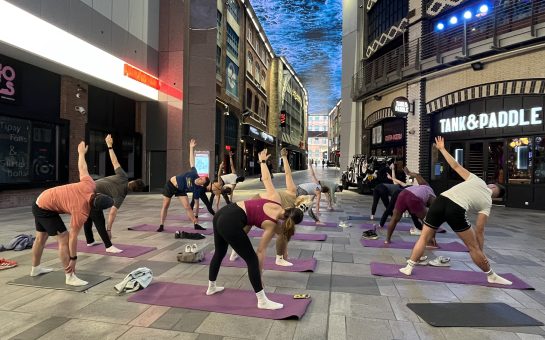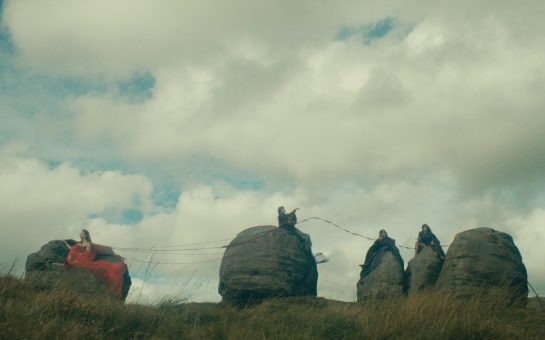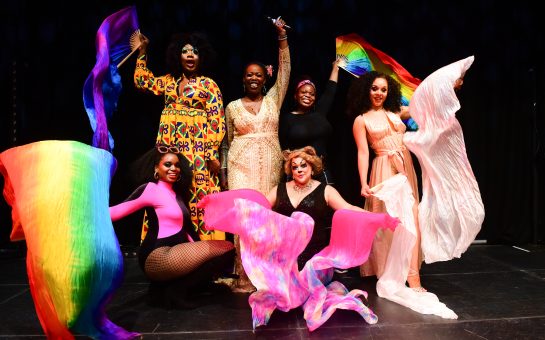Yesterday marked the 50-year anniversary of Martin Luther King’s inspiring I Have a Dream Speech, urging America to grant equal rights to its black citizens.
King delivered his speech to around 250,000 people at the Lincoln Memorial during the March in Washington, a defining moment of the American Civil Rights Movement.
Martin Luther King’s speech has brought about tremendous progress for racial equality in America, however, is enough being done in Manchester to promote the same values?
The Ahmed Iqbal Ullah Education trust is an organisation committed to creating a racially just society and promoting social and community cohesion on the streets of Manchester.
Jacqueline Ould, Education Outreach coordinator, said “We try and raise awareness of black history in Manchester and, on a larger scale, the whole of England.
“We’re involved in backing projects with schools and teaching them about black British heroes.
“A group of children we worked with recently said that they’d heard of Mary Seacole but had never heard of Oloudah Equiano so we’re helping children to realise that black people have a long and great history.”
The trust is named in memory of Ahmed Iqbal Ullah, a 13-year-old Bangladeshi boy who was brutally murdered in a racially aggravated playground incident at Burnage High School.
As a result, the trust is committed to ensuring that racially charged incidents such as these are eradicated by creating books and teaching materials which celebrate cultural diversity.
“We have just finished a special project working with a group of Manchester schoolchildren writing a biography of Noor Inayat Khan,” Ms Ould explained.
“The story recalling the life of a black Briton who was murdered by the Gestapo in 1943 fills a yawning gap in our knowledge of British black heroes.”
With the 2011 Census revealing the non-white British population of Manchester has increased by 80% over the last ten years, the city has never been more multi-cultural.
Despite these growing numbers, and the plight of the centre to help create a racially just society, Jackie Ould admits there is still much more that can be done.
“We organise a variety of activities to raise the aspirations among ethnic minority youngsters, but these ethnic minorities are still faced with a lot of problems in society,” Ms Ould said.
“Around 50% of black adult men face unemployment so maybe we’re just a drop in the ocean.”
Despite this, the trust continues to organise projects for young children, such as the experiences of young refugees in Britain, to challenge and overcome racialist attitudes through educational practice.
The Heritage Lottery Fund has also given the trust the opportunity to educate youngsters about the Yemeni community in Eccles, which stretches back to the 1950s.
With the money awarded to them, the trust compiled 22 life-story interviews from those remaining of the first settlers plus people from the next two generations.
“Hopefully this will encourage people of all ages and ethnicities to learn more about the contributions of Britain’s ethnic minority communities,” said Ms Ould.
The Yemeni collection and other resources, including those on the Civil Rights Movement, can be found at J Floor, Sackville Street Building, University of Manchester, Sackville Street.
Picture courtesy of U.S. Embassy New Delhi via Flickr, with thanks.
For more on this story and many others, follow Mancunian Matters on Twitter and Facebook.



